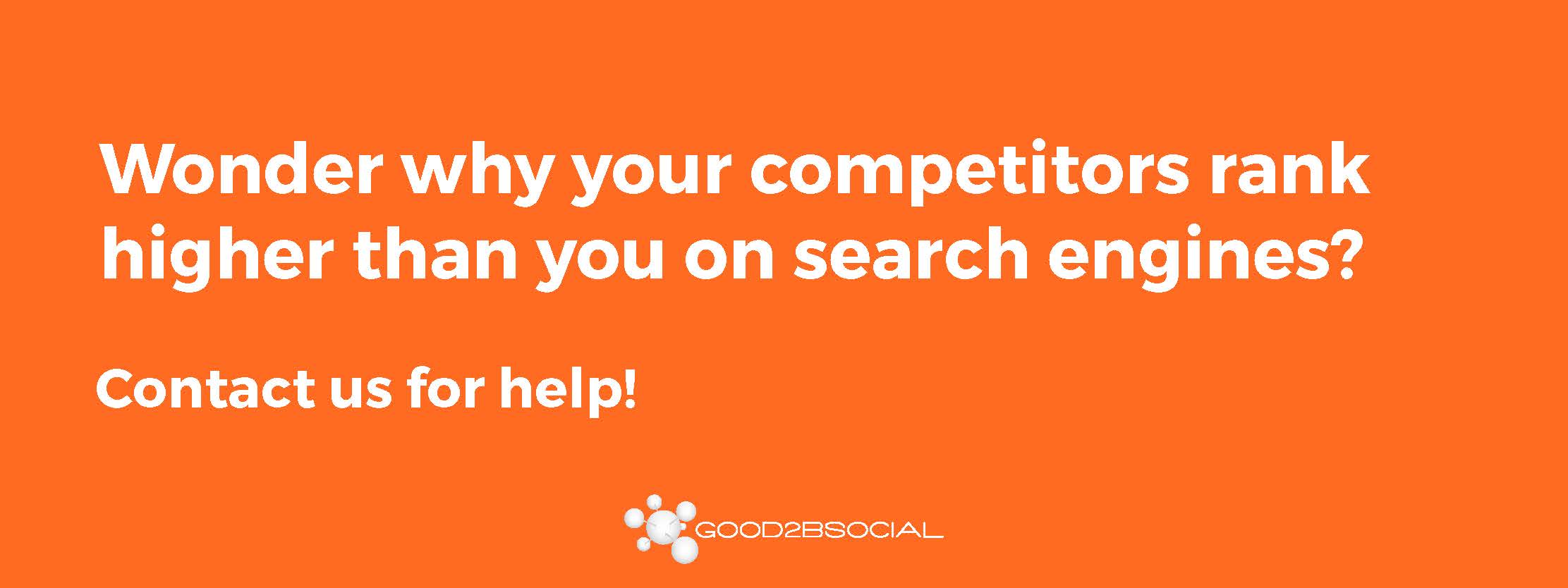
What are “Google Penalties” and How Can Law Firms Avoid Them?

Why would Google penalize a website?
Over the past decade, Google has worked hard to create algorithms that serve relevant and timely content to searchers. Their primary goal is to find web pages that are useful and suitable to the search being performed.
However, it’s not uncommon to try to “trick” the search engine to obtain a better ranking (black hat SEO). Google is getting better all the time at recognizing these tactics and thwarting such behavior with a penalty. A penalty means that your site’s search ranking drops, or it might not be shown in results at all anymore.
The most important thing to note when it comes to penalties is that any kind of manipulation or short-cut for SEO is unlikely to improve your results and may lead to a penalty. The best way to improve your search rankings is by creating high-quality, valuable content and focusing on white hat SEO techniques.
What causes a Google penalty?
What’s scary is that there are SEO agencies out there that claim to perform ethical SEO tactics, when in reality they are engaging in black hat SEO techniques that are bound to incur penalties. The following are common black hat SEO techniques.
- Automatically generated content
- Link schemes or paying for links
- Creating pages that don’t have content on them
- Cloaking (the practice of presenting different content or URLs to human users and search engines)
- Sneaky redirects (creating redirects that are different for crawlers than human users)
- Placing hidden text or links in content
- Doorway pages (pages created to rank highly for specific search queries)
- Scraped content (using content taken from other, more reputable sites)
- Participating in affiliate programs that don’t add value
- Keyword loading with irrelevant keywords
- Sending automated queries to Googles
How can you avoid Google penalties and protect your law firm website’s SEO visibility?
Your best bet is not to include any of the above tactics in your strategy. Content is the foundation of a smart SEO strategy.
Auto-generated content is programmatically generated content designed with the sole purpose of manipulating rankings. This is something you should never do. Google considers automated content text that makes no sense to the reader but contains search keywords, text generated by an automated tool, or text generated through automated processes.
As you know, it’s important to have a backlink strategy for SEO. That being said, paying for links or creating deals with other websites to trade links is considered a link scheme and should be avoided. To avoid backlink penalties, follow this guide to monitor and clean up your backlinks regularly.
When you manipulate your ranking using cloaking, searchers see a different preview on a search engine. Then when they open your website, they end up with completely different content.
Similarly, sneaky redirects are links that take your website visitors to another site to show completely different content than they intended to see. There are many purposes for using redirects, but using them in this way can lead to a penalty.
Hidden text and links were once used by SEO professionals to manipulate crawlers quickly. This involves something like using white text to write a lot of keywords that can’t be seen on a content page. Doing so will definitely result in a penalty, so even if you’re tempted, avoid this practice.
Using irrelevant keywords or keyword stuffing can also lead to penalties. This is the practice of filling pages with desired keywords that offer no value or relevance. It’s important to write content that is based on the user’s search intent and not simply to include keywords.
Google also penalizes sites that show an intrusive ad, pop up, or standalone interstitial to a mobile user immediately after clicking a mobile search result. To avoid such a penalty, give mobile searchers a good user experience and avoid pop ups that block too much of the screen right after a searcher arrives on your firm’s website.
Other items are pretty straightforward, and if you don’t do them, you will be safe from penalties. For example, don’t scrape content from a competitor’s website.
Takeaway
Google penalties are a big deal and can really have a detrimental impact on your firm’s ability to garner website traffic and online leads.To avoid displeasing both search engines and users, focus on white hat SEO techniques and avoid black hat SEO tactics, and although it’s possible to recover from them, it’s really best to avoid them in the first place.
Do you think you’ve been hit with Google penalties? We can help. We have extensive experience helping law firms identify and recover from Google penalties. Contact us today for a consultation.
Let’s get started, and finished
Contact us to get started on your Technology Strength Scorecard and energize your business development process.
Contact Us

